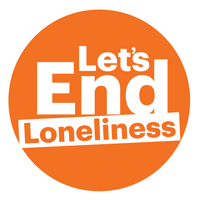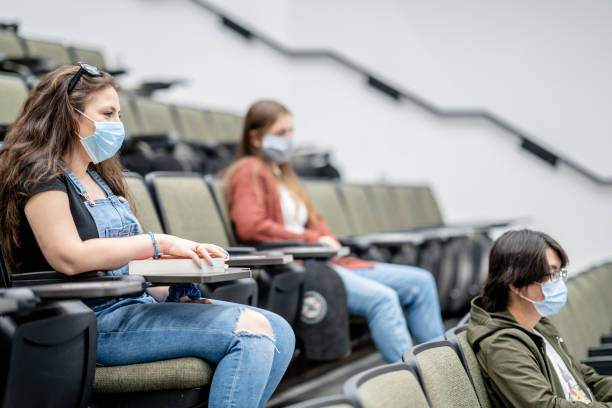By Anjali Thulkanam, Student, BA in psychology and history, Victoria University of Wellington
On the 2nd of March 2020, I started my very first day of university. I was only 18, excited to learn new things, to meet new people, and have new experiences. At least that’s how I think I felt. On the 25th of March, lockdowns began. I remember being hesitantly excited for the first lockdown. The freedom of it appealed to me. Staying inside all the time, working on my own time, mid-trimester break early, and no mid-terms? It was a completely novel idea. At the time I didn’t know the impacts ongoing and repeated lockdowns would have. Trimester 2 of 2022 was the first time I could say with complete certainty that I recognised people on campus. I’m 21 now, in my extended third year of university and still trying to get over that isolation. What started as a requirement became something I imposed on myself. Covid created significant change in my life and I’ve spent the last few years considering and discussing the changes and the impact it has had on me.
Life at home during lockdowns was very different from anything I had ever experienced. On one hand I had complete control over what I was doing and when. However, the only contact I had was with my family. Cut forward a few months, schools and work places returned to in-person. University continued to be online. It was just me alone from 8am until 6:30pm every day. Even then, the only people I saw were my family. A study by Barr et al., ‘Adolescent Adjustment During COVID-19: The Role of Close Relationships and COVID-19-related Stress’ explored impacts of lockdowns in relation to personal relationships. In the study, family relations were found to be a greater predictor of coping than close friendships. In my own experience, the relationships I had with my family were important in my coping with lockdowns. Without the support of my family, I likely would’ve found myself more isolated. Being around them allowed me to have people I could talk to about how I was feeling and the obstacles I found myself faced with. In the long run, however, I found that those relationships weren’t enough.
Under covid conditions social interaction with peers was almost impossible. As I mentioned, when lockdowns started, I was just starting university. I had made no friends there – a few acquaintances, but no friends. The friends I had were from high school and we were now spread out across the country. Even now, 3 years on, they are still the people I’m closest to. And it’s good to have people who are close to you, but when they live in different cities and have their own lives, it can end up being very isolating. I started participating in study groups as the university started moving back to in-person. This was one of the best things I could’ve done for myself. I made friends. People who I would meet up with once a week and just talk to. I realised through these study sessions that I wasn’t the only one who had been missing that social connection. On one particular day I sat in one of these study sessions with someone I barely knew and talked to her about nothing for three whole hours. I felt like I had gained something important. After that I started trying to talk to people more and more. It could be exhausting, but knowing I now had people I could message about uni work or grab a coffee with was freeing.
Returning to campus in 2022 caused a few big realisations. For the first time I knew the face of the person marking my work. I’d talked to them. I’d asked them questions. I recognised people on campus, in the library, in my tutorials, and in my lectures. The realisation that I’d been missing a key university experience was unexpected. Purely by being on campus, I found myself driven to do my work on time, to contribute to discussions, and to try harder.
I think something really important to remember about lockdowns is that the initial jump to online wasn’t a big, horrible thing- in fact, it was exciting. The prospect of staying at home, not having to worry about travel, and waking up late was appealing. Working from home at first didn’t make doing the work harder, in fact it almost made it easier. Trading off sleep for an assignment was easy when I didn’t have to think about what time I needed to wake up and the classes I needed to attend. But I lost valuable experiences that I likely will never have now. I didn’t meet people I might have, or try new things that I could’ve liked. And there really is no changing that. The only thing I can do, that we all can do, is turn to tomorrow and take it day by day. Take the opportunity to meet new people, send a friend a text, and say yes to new experiences instead of no.

